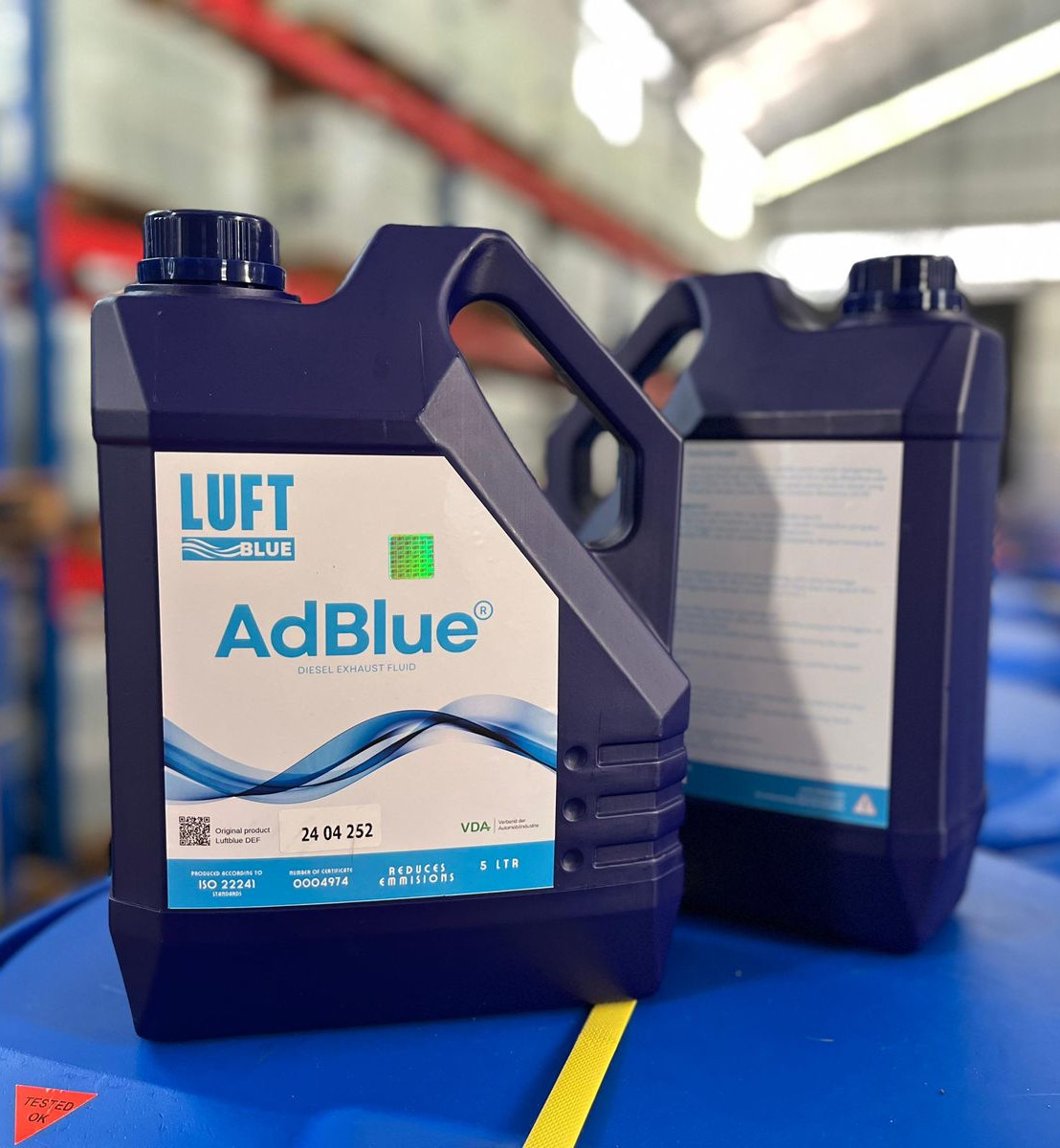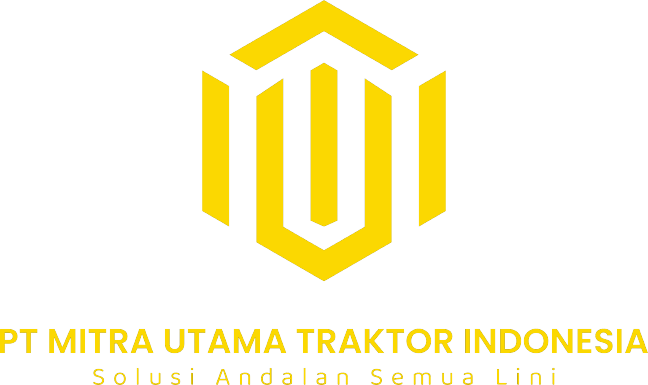Introduction
In an era where environmental concerns are growing, vehicle emissions have become a key focus in reducing air pollution. One of the solutions developed is Selective Catalytic Reduction (SCR), a technology that uses Diesel Exhaust Fluid (DEF), commonly known as AdBlue®, to reduce nitrogen oxide (NOx) emissions from diesel vehicles. Using high-quality AdBlue® is essential for SCR system performance, helping vehicles meet stringent emission standards like Euro VI effectively. This article discusses the importance of AdBlue® quality, risks of substandard use, and necessary quality standards for the product.
The Importance of AdBlue® Quality for Optimal SCR Performance
The SCR system is designed to efficiently reduce NOx, which is one of the major contributors to air pollution and smog formation. To ensure the SCR system functions optimally, the AdBlue® used must meet high-quality standards. AdBlue® consists of a mixture of 32.5% pure urea and 67.5% demineralized water. The quality of these components, especially the purity of the urea, is crucial for maintaining system performance.
Contaminated AdBlue® with minerals, metals, or chemicals disrupt the process of converting NOx into nitrogen and water vapor. This can lead to the accumulation of residue in the SCR injectors or catalysts, eventually blocking the urea flow. When AdBlue® does not function as intended, vehicles will experience increased emissions, and the SCR system will lose its effectiveness.
Additionally, the quality of AdBlue® impacts the fuel efficiency of diesel vehicles. Using high-quality AdBlue® helps reduce fuel consumption by maintaining optimal SCR performance. Thus, the quality of AdBlue® is not only essential for the environment but also for the operational efficiency of diesel vehicles.
The Dangers of Using Substandard AdBlue® on SCR Systems
Though it may seem straightforward, using substandard AdBlue® can cause significant damage to SCR system components and reduce the effectiveness of NOx reduction. Several risks are associated with using low-quality or counterfeit AdBlue®, including:
- System Contamination: Poor-quality AdBlue® often contains impurities such as heavy metals or additional chemicals that can corrode SCR components. This contamination can clog the injectors and catalysts, leading to costly repairs and reducing the system’s lifespan.
- Crystallization: Low-quality AdBlue® can cause urea to crystallize within SCR components. This crystallization can obstruct fluid flow, affecting the NOx reduction process and lowering the vehicle’s overall performance.
- Reduced NOx Reduction Effectiveness: If AdBlue® does not meet quality standards, the effectiveness of NOx reduction will significantly decrease. Vehicles using low-quality AdBlue® are likely to fail to meet emission standards such as Euro VI or other regional regulations.
- Engine Performance Decline: Beyond affecting the SCR system, using non-compliant AdBlue® can cause vehicles to operate below their maximum performance levels. In some cases, the engine control system may detect issues with the SCR and activate emergency mode, limiting engine power to prevent further damage.

Quality Standards AdBlue® Products Must Meet
To avoid the aforementioned problems, AdBlue® must comply with strict quality standards, which are internationally regulated by organizations such as the ISO (International Organization for Standardization) and emission control authorities. Below are some key quality standards that AdBlue® products must meet:
- ISO 22241: This is the most important standard for AdBlue®, specifying technical requirements regarding the quality of urea and water used, as well as limits on contaminants. ISO 22241 mandates that AdBlue® must have a urea purity of 32.5% and a very low mineral or other contamination in the demineralized water.
- DIN 70070: This German standard ensures that products sold as AdBlue® have undergone a series of tests to ensure compliance in terms of chemical composition, cleanliness, and purity. DIN 70070 certification is often used by manufacturers to indicate that their product meets SCR requirements.
- Manufacturer Quality Certification: In addition to international technical standards, some AdBlue® manufacturers also undergo additional certification processes to ensure that their production facilities adhere to best practices in quality control, production cleanliness, and contamination management. High-quality AdBlue® products are often accompanied by manufacturer certification guaranteeing the purity of the product.
Meeting these standards is essential for AdBlue® manufacturers to ensure that their products not only effectively reduce NOx emissions but are also safe for long-term use in various diesel vehicles equipped with SCR systems.
Conclusion
Adhering to AdBlue® quality standards is not just about complying with emission regulations; it is also about ensuring the optimal performance of SCR systems and diesel vehicles as a whole. Using substandard AdBlue® can damage costly components, increase operational costs, and worsen environmental impact through higher emissions. Therefore, it is vital for users and companies relying on SCR technology to always ensure that the AdBlue® they use complies with stringent international quality standards such as ISO 22241 and DIN 70070.
Choosing high-quality AdBlue® helps protect the environment, maintain vehicle efficiency, and reduce the risk of damage to vital SCR systems.
Image source: https://www.pexels.com/photo/front-load-loader-beside-white-dump-truck-188679/
Read other Articles: AdBlue® Contamination: Risks, Symptoms and Handling





